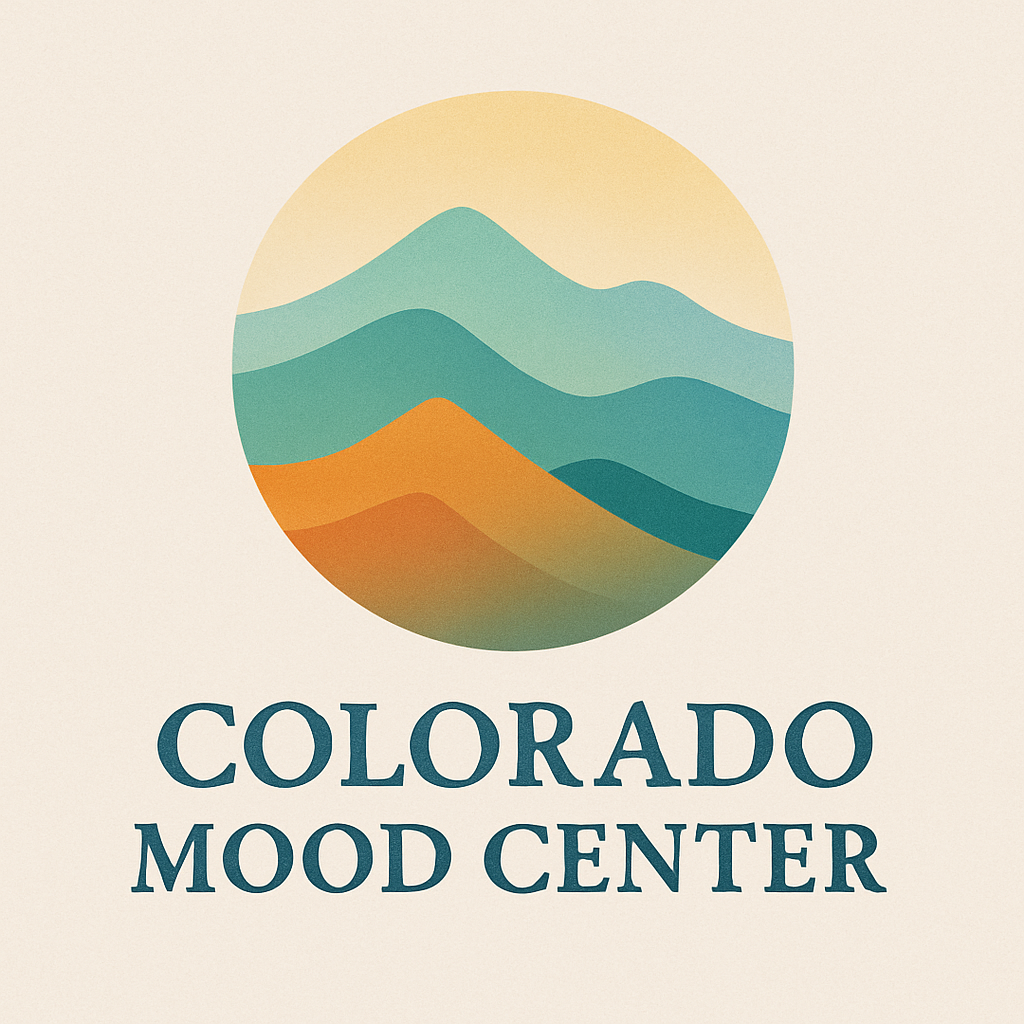“Are Antidepressants Really Antidepressants?” Why SSRIs Might Be More Like Emotional Tylenol
When most people hear the word antidepressant, they think of a pill that lifts sadness or fixes chemical imbalances in the brain. And for some people, medications like Lexapro, Zoloft, or Prozac can help. But here’s a truth that may surprise you:
Serotonin-based antidepressants (SSRIs) aren’t really antidepressants. At best, they’re like emotional Tylenol.
Let me explain.
What SSRIs Actually Do
SSRIs (Selective Serotonin Reuptake Inhibitors) are the most commonly prescribed medications for depression and anxiety. They’re marketed as antidepressants—but that term is misleading. These medications don’t target a single root cause of depression. In fact, research shows they often work just a little better than a placebo, and for many people, they don’t work at all.
So what do they do?
SSRIs tend to blunt emotional pain. They may take the edge off anxiety, lessen ruminating thoughts, or reduce sensitivity to stress. But they don’t always lift mood, restore motivation, or help with the deep exhaustion or irritability that many people experience with depression.
That’s why I say they’re more like emotional Tylenol. They dampen distress, but they don’t always fix the deeper issue.
When SSRIs Help—and When They Don’t
For some people, SSRIs provide meaningful relief—especially for:
Chronic worry or panic
Mild depression with anxiety
Emotional reactivity or irritability
But they’re less helpful (and sometimes harmful) when depression includes:
Low energy and mental fog
Irritability mixed with agitation
Unstable mood that swings between up and down
A history of bipolar symptoms
In these cases, SSRIs may actually make things worse, increasing restlessness, insomnia, or even suicidal thoughts—especially in younger people or those with mood instability.
Why the Term “Antidepressant” Is Misleading
The name “antidepressant” suggests a medication that treats depression in a targeted way—like an antibiotic treats an infection. But mood disorders are complex. They don’t come from a single chemical imbalance. There’s no “low serotonin” test. And medications like SSRIs don’t work like heat-seeking missiles.
Instead, they affect many parts of the brain—some helpful, some not. They may:
Numb emotional distress
Blunt highs and lows
Help you get through the day—but not necessarily feel like yourself
For many of my patients, that trade-off isn’t worth it.
So What Are the Alternatives?
At Colorado Mood Center, we take a different approach.
If you’re struggling with mood instability, irritability, energy crashes, or depression that doesn’t fit the classic mold, we dig deeper. We ask questions like:
Could this be part of a bipolar spectrum or mixed state?
Have certain medications made you worse, not better?
Are you feeling emotionally flat but still agitated or restless?
These clues help us tailor your treatment—not just prescribe the same SSRI everyone else is getting.
The Bottom Line
If SSRIs have helped you, that’s great. But if they haven’t—or if they’ve made things worse—you’re not alone.
Your depression may not be a “typical” kind. And SSRIs may not be the right tool. They might dull the pain temporarily… but they won’t rebuild your emotional foundation. For that, you deserve a treatment plan that fits your brain, your symptoms, and your story.
